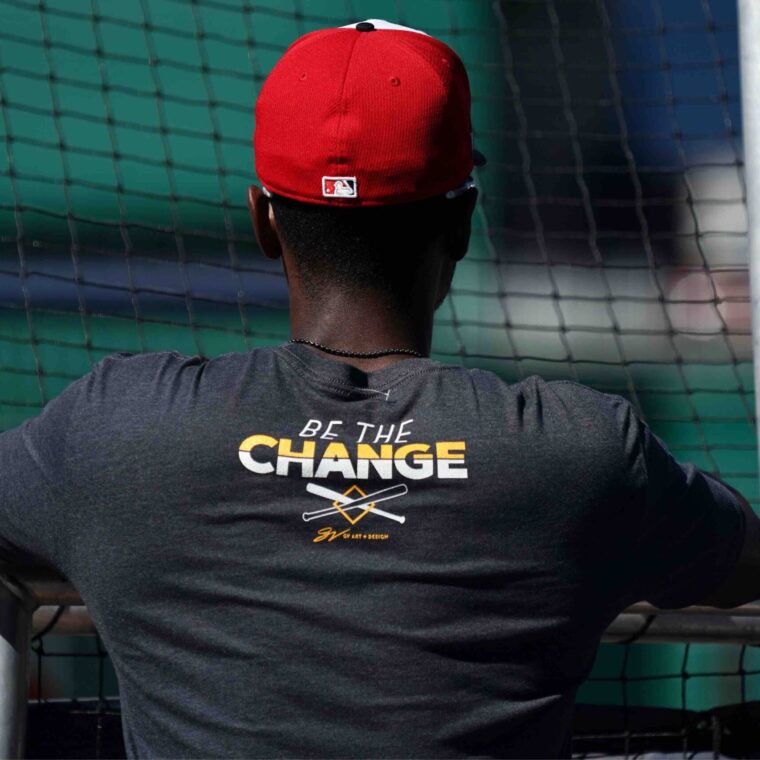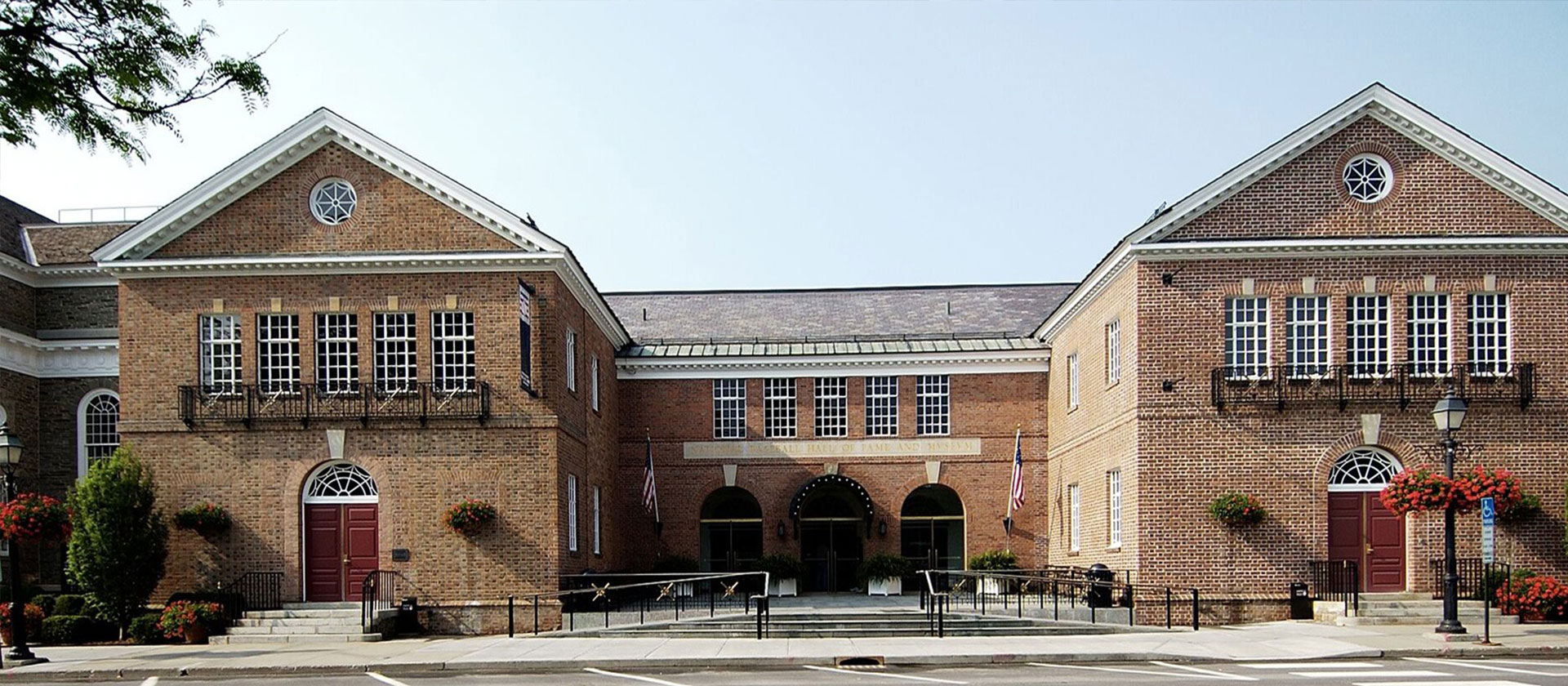New York Times – “The money is a substantial boost to the 12-week-old group formed by current and former players to increase Black participation at all levels of the sport.
Major League Baseball and the players’ union have pledged $10 million to the Players Alliance, a nonprofit formed this summer by more than 100 current and former Black players in the wake of George Floyd’s death, aiming to help build Black participation in the sport, from front offices to the diamond.
The money will be dispersed annually over five years, financing initiatives including a player-led mentorship program, a program meant to recruit Black students to internships in the sport and another meant to donate baseball equipment to Black groups in need throughout the country.
Curtis Granderson, 39, the president of the Players Alliance and a former outfielder whose 16-year career included stints with the Detroit Tigers, Yankees and Mets, called the money “amazing,” in part because the nonprofit was formalized only 12 weeks ago.
“M.L.B. and the union have rolled out programs historically, and some have been great and some have obviously needed to have a little bit of assistance to them,” he said in a telephone interview this weekend. “We, as the players — the market you have been targeting — some of us have gone through these programs or have started very similar programs, so we can be a great resource to take the programs that are already good and make them better, or introduce some new ones.”
The idea for the Players Alliance came this summer when Cameron Maybin, a 33-year-old Chicago Cubs outfielder, saw a video of N.F.L. players saying, “Black lives matter,” and listing victims of police brutality, including Floyd. (The majority of players in the N.F.L. are Black.)
Realizing that little had been said within baseball on the same topics, Maybin reached out to one of his closest friends, Dee Strange-Gordon of the Seattle Mariners, and talked about getting the few Black players in baseball to take part in a video of their own, which they did in June with the help of the former pitcher Edwin Jackson.
Maybin said Black players in baseball have felt handcuffed because there are so few of them and they feared repercussions for speaking out. “In the past, it’s like: ‘Hey, you don’t need to touch social or political issues. You just need to be a role model at baseball camps,’” he said in a telephone interview.
By making the video, Maybin said Black players realized there was strength in numbers. He added, “If we all speak up and we all feel strongly about what’s going on in our communities, we all can be the voices for our communities.” “





